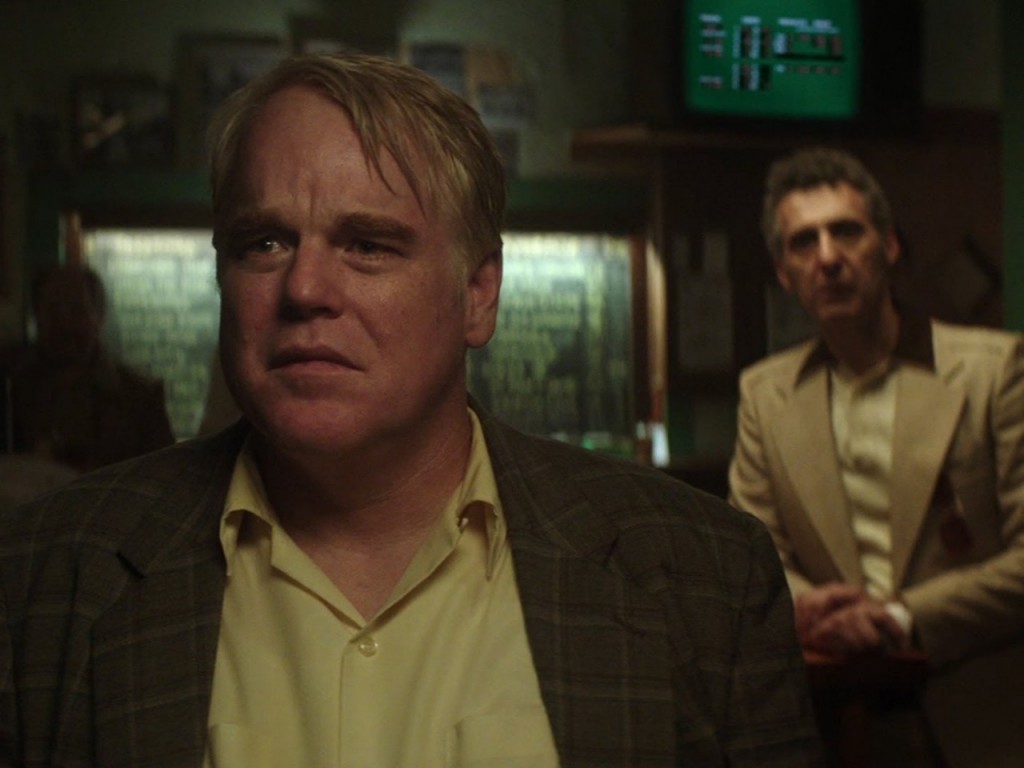 The following is a review I originally published in Word and Film.
The following is a review I originally published in Word and Film.
Much has been made of James Franco’s unfortunate Instagram flirtation with an underage Scottish girl last month, especially as it dovetails with the release of “Palo Alto,” in which he plays a high school soccer coach who has a sexual relationship with a student. Was his transgression a publicity stunt for the film, one of his bizarre meta-performance art pieces, or the flailing of another predatory adult male who’s failed to grasp that privacy is, like, so last millennium?
No matter what the actor/PhD candidate/writer/director/artist/Seth Rogen aficionado’s intentions, it’s hard not to flash on Instagram-Gate when first settling in to watch Gia Coppola’s film about the dissolute adolescents in a California suburb. In one of its first images, we’re introduced to Franco as “Mr. B,” a figure looming against a soccer field backdrop. Here, his sparkly eyes are a little dimmer; his once-lithe build a little bulkier; his overall visage a lot more dissipated. In short, he resembles the kind of fellow keen to recapture his glory days at whatever cost necessary.
It’s also hard not to flash on Franco as Daniel Desario from “Freaks and Geeks.” Not since Matthew Broderick, who played that iconic delinquent Ferris Bueller, appeared as a hapless civics teacher in “Election” has an actor’s transition from student to teacher roles so succinctly signaled the passage of a generation.
In general, “Palo Alto” is all about the passing of torches. First-time director Coppola bears quite the pedigree: Her great-grandfather is film composer Carmine Coppola; her grandfather is director Francis Ford Coppola; her aunt is director Sofia Coppola; her cousins include actors Nicolas Cage and Jason Schwartzman; and she most resembles her great-aunt, actress Talia Shire. Gia’s film features Julia Roberts’ niece and Eric Roberts’s daughter Emma Roberts as April, the soccer player involved with Mr B; the son of Polly Draper from “Thirtysomething,” Nat Wolff, is Fred, a whirling dervish of destructive testosterone; and Val Kilmer’s son Jack Kilmer is Teddy, an artist calamitously influenced by his best friend Fred. (Val also appears in this film as April’s ponytail-sporting father, who so aggressively proofs her papers that she’s accused of plagiarism.) To Coppola’s credit (for the sake of clarification, “Coppola” will refer to Gia for the duration of this review), for her first directorial effort she tackles the queasiness of legacies head-on, and without the pretty, “poor-little-rich-girl” torpor that is her aunt’s trademark. Continue Reading →


